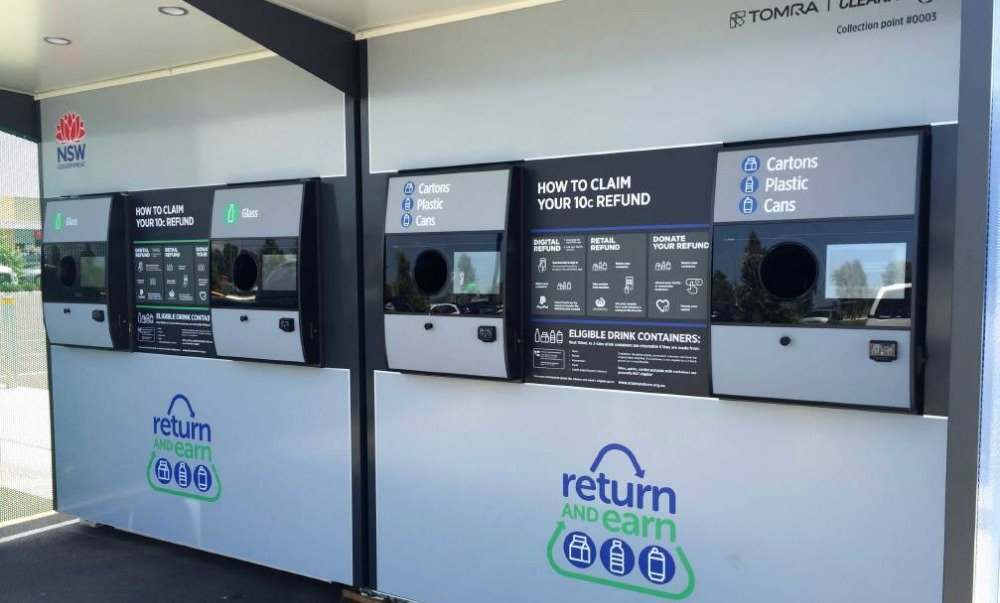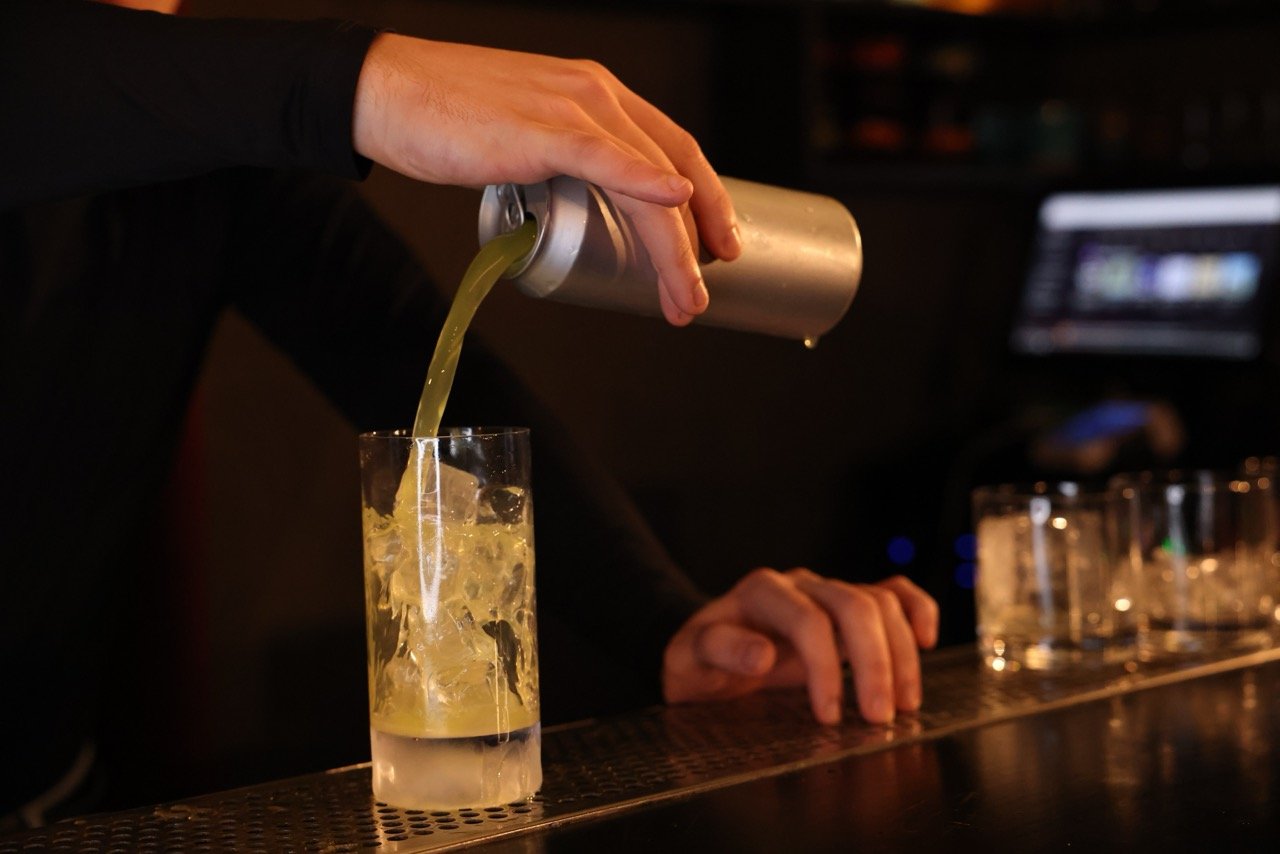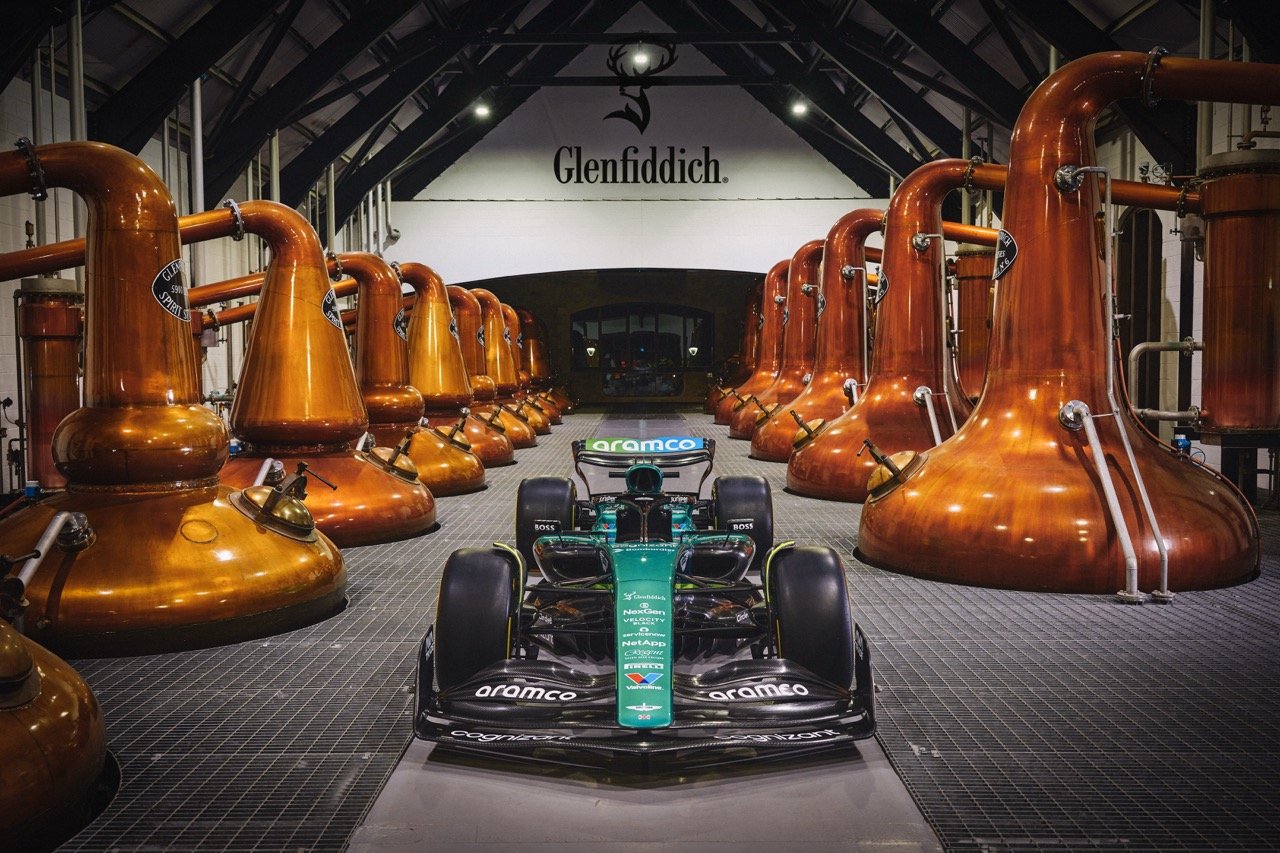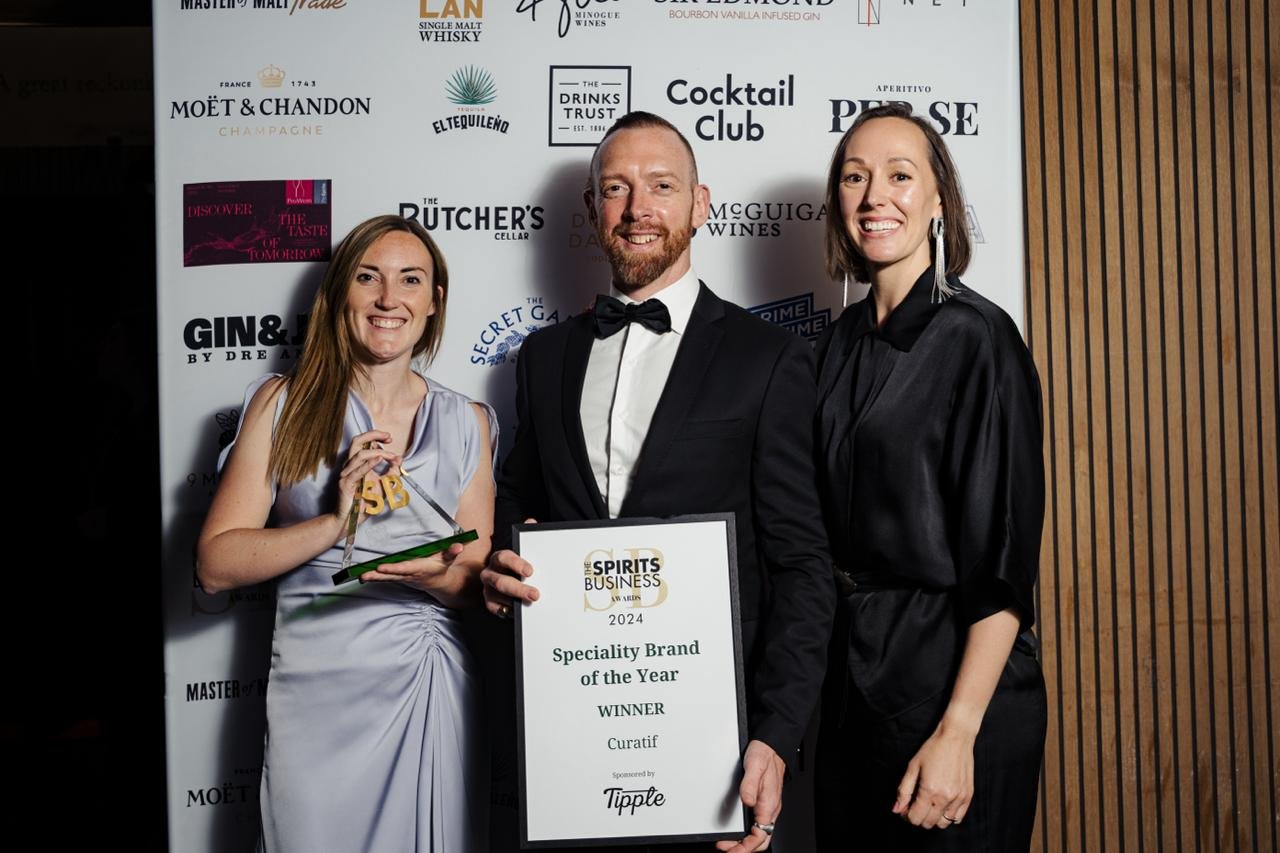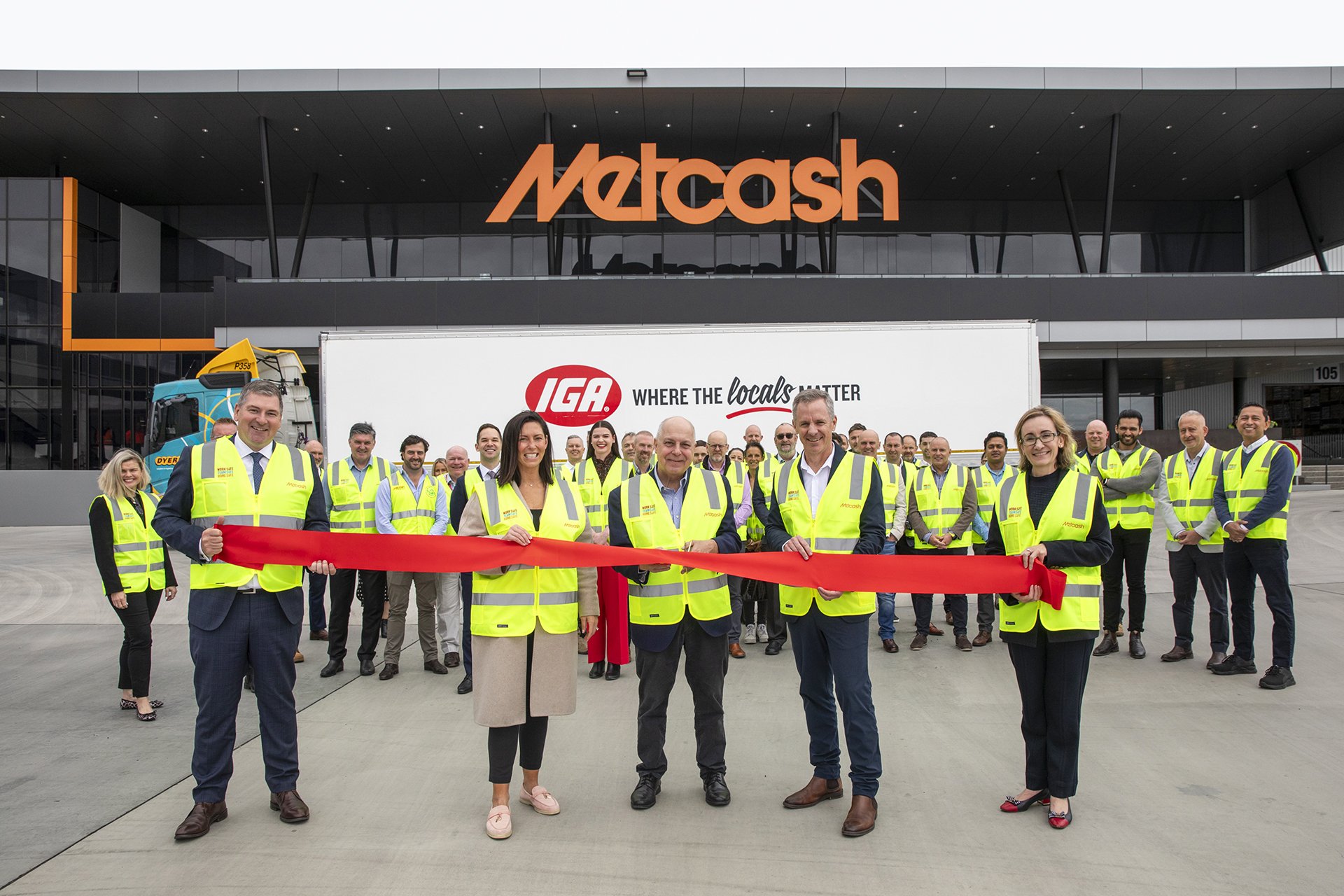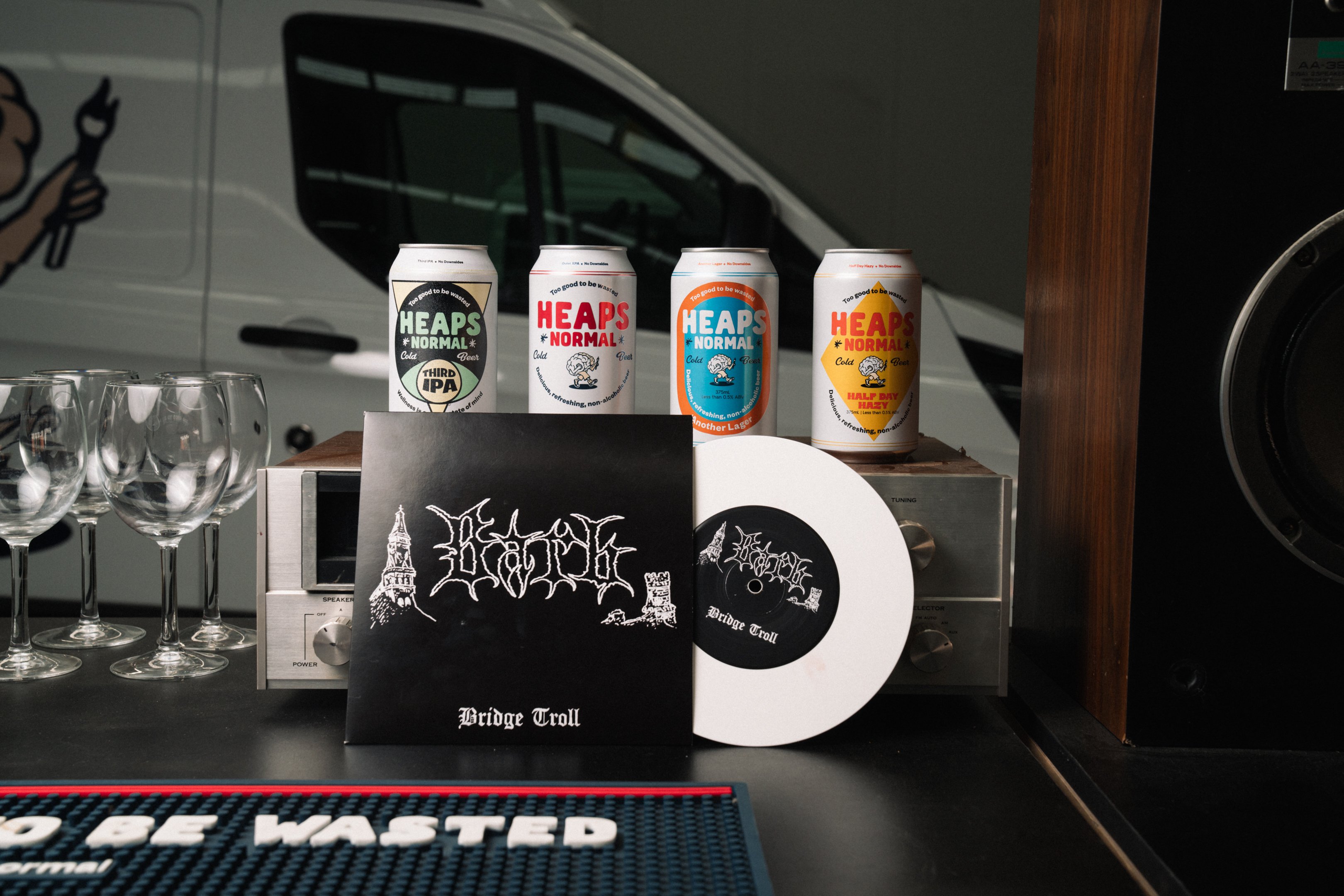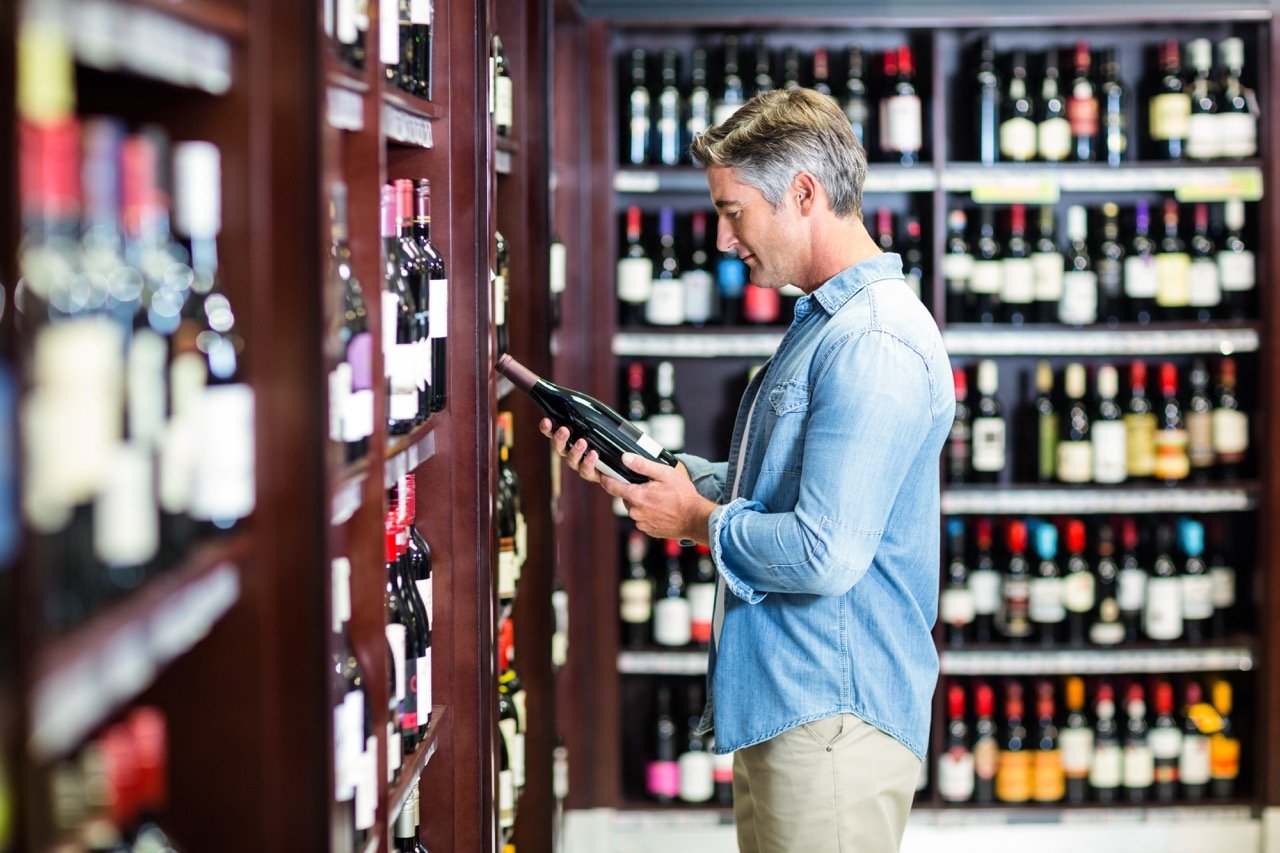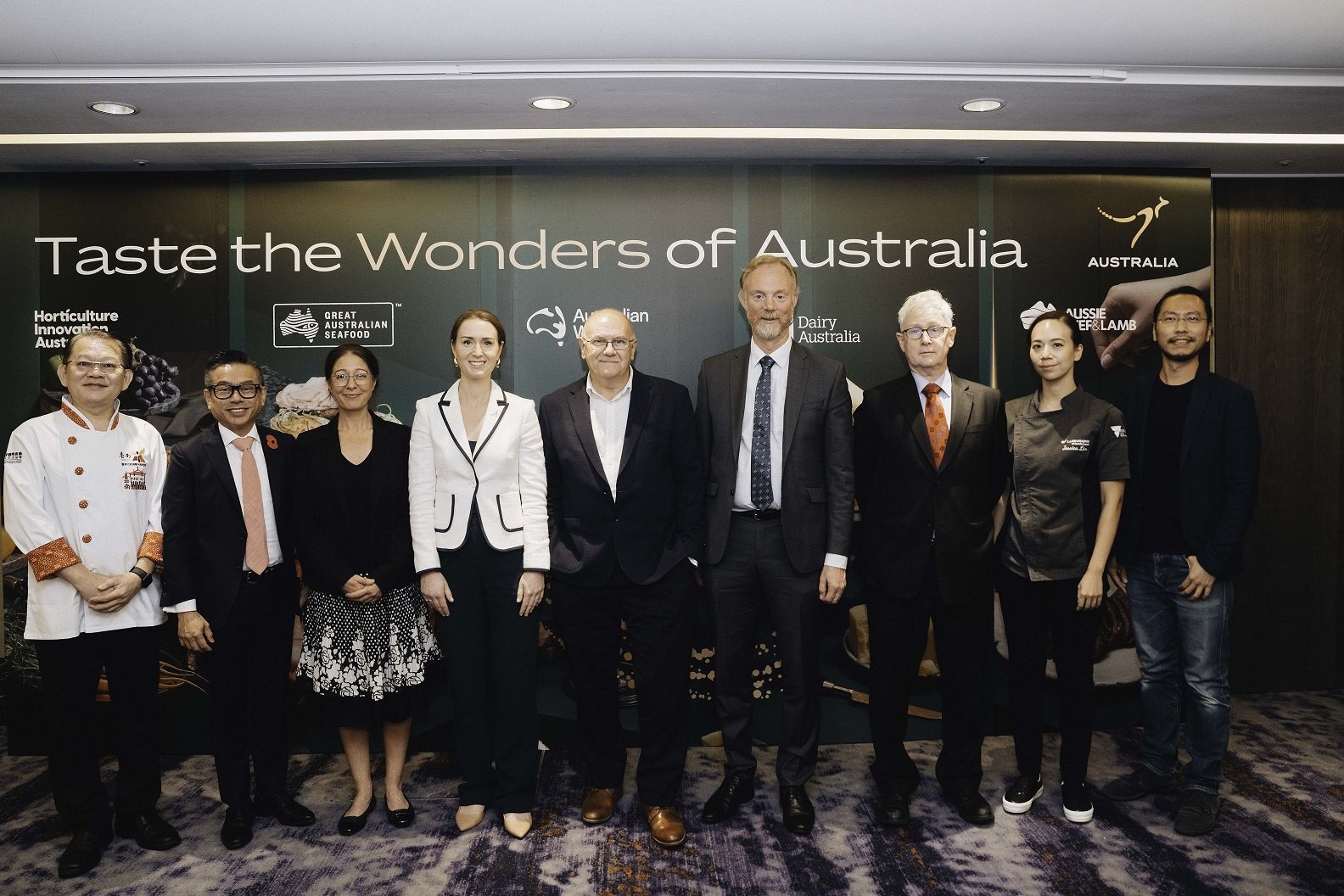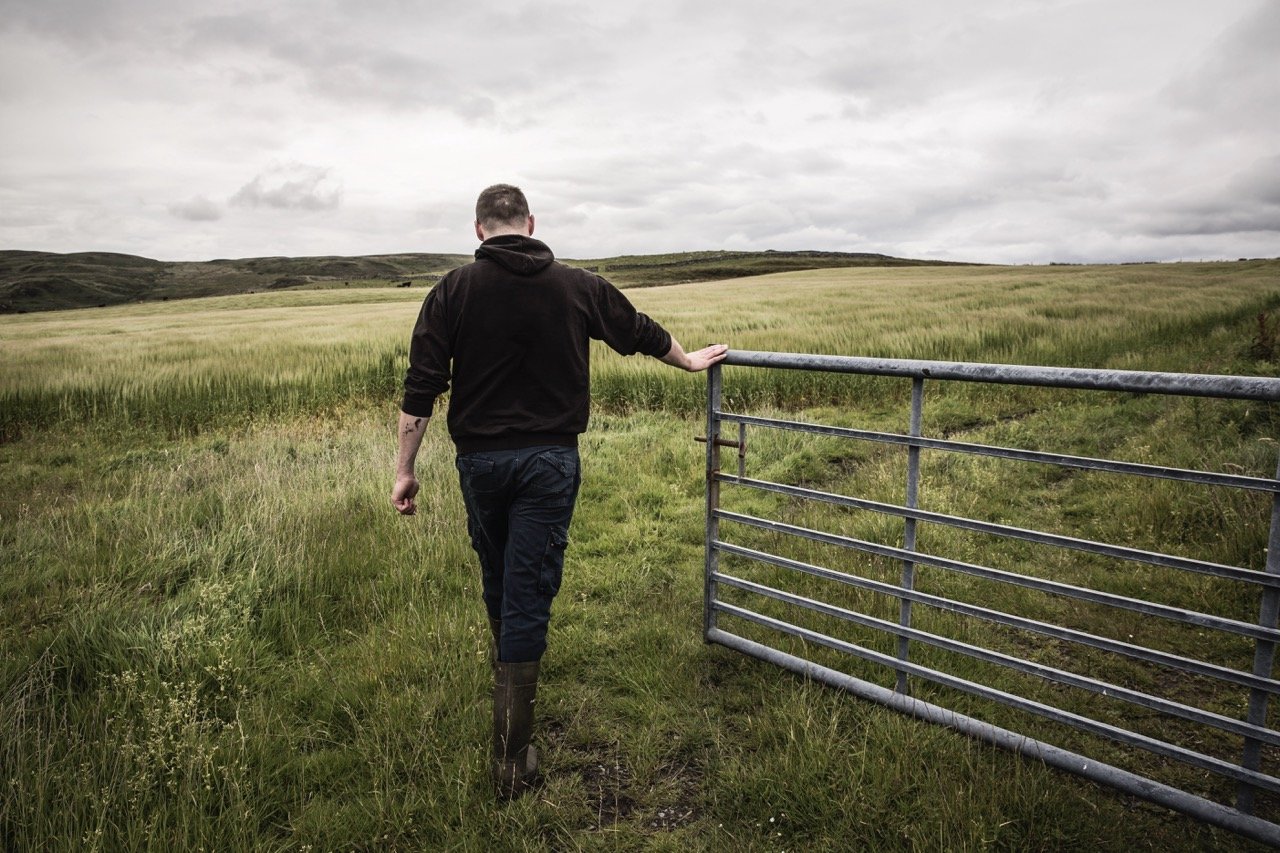Robert Kelman, Director Reloop Pacific, gives his view on the effectiveness of container deposit scheme programs in Australia.
The advance of container refund initiatives across Australia is resulting in reduced litter and increased recycling of drinks containers. But will container deposit schemes achieve their legislated targets and desired ‘best practice’?
Not as far as I can see.
The NSW government estimated a 32% recycling rate for drink containers prior to the implementation of that state's container deposit scheme. The recycling rate is now around 69%. Drink container litter outcomes are also positive down around 40% across NSW. So, the approach works.
The advent of container refund schemes (CRS) in Australia wasn’t universally applauded by the drinks industry and the wine sector is protesting inclusion in any revised South Australian scheme. But the further roll-out globally of schemes appears inevitable as the EU sets 90% collection targets for plastic packaging, consumers demand action on marine plastic litter and producers are increasingly required to participate in the collection and recycling of their used packaging.
The UK, Turkey, Portugal, Scotland are all in the throws’ of introducing CRS and it’s a matter of time before the remaining large EU states such as Italy, France and Spain go the same way - there’s no other approach than a CRS to achieve the EU targets.
The evidence globally is that the principal driver of successful CRS – achieving return rates over 85-90% - is the degree of convenience of the return points for consumers. The value of the refund is surprisingly secondary. In Australia the refund currently stands at 10c across all container deposit scheme states, which is low by international standards.
For example, Michigan in the US offers high levels of convenience, but just a 10c refund and is shifting the dial, achieving return rates of over 90%.
It has also been praised for the effectiveness of its messaging. This year, the Michigan Department of Environment, Great Lakes and Energy (EGLE) launched a large-scale campaign - "Know It Before You Throw It" - to educate citizens throughout the state about proper recycling practices.
The director of EGLE’s Materials Management Division, Jack Schinderle, told Waste Dive he hadn't seen such a positive reaction to anything he'd worked on in 29 years. The initiative just won the Dive Awards 2019 Recycling Campaign of the Year.
The importance of maximising convenience
Truly best practice schemes legislate retailers (over a certain size) to take-back containers they sell. Retailers then establish return facilities in store or within some level of designated proximity – maximising convenience.
Australia has to date no such legislated retail take-back provision though there is some voluntary retail participation at some outlets in NSW and a handful in Queensland.
From our analysis, no Australian container deposit scheme programs are headed toward ‘best-practice’ to 85-90% recycling without significant reform. This however creates a problem for beverage producers.
While lower recycling rates save producers money via avoided refunds and handling fees to recyclers there is a risk for producers this is just a short-term gain.
Queensland and Western Australia both have legislated 85% recycling targets. COEX (the Queensland CRS scheme coordinator) rightly takes this objective very seriously and reiterates it in their recent annual report.
I assume the WA scheme coordinator board will similarly view this legislated requirement as one of their principle objectives.
What happens when and if these schemes fail to reach these legislated targets? Again, there is no evidence globally that non-retail based, high convenience CRS get near 85% recycling. Ministers will be left with few weapons in their armoury to force meeting the target, especially if they’ve limited their ability to force higher levels of convenience.
Ministers have however retained one important tool to gain higher levels of consumer engagement, i.e. an increase in the refund. This would likely rise from 10c to 20c.
It’s not unprecedented to have a refund value a lot higher than Australia’s extremely low 10 cents. Most of Europe is north of A30 cents. The incoming Scottish CRS is starting at 20 pence (A40 cents). South Australia doubled its rate a few years ago, albeit from a low five cent base.
While a refund increase is not as effective a tool for higher returns as higher levels of consumer convenience, state governments (principally in QLD, SA and WA) have little control over this. Producer led container deposit scheme coordinators (aside from in NSW) have given total control over the size and nature of the collection network, and they aren’t very convenient.
But would drinks producers care if the refund rose? Colleagues, from the beverage industry say there is a sales impact from a higher refund amount - especially with multipacks of where the apparent price rise (the 10 cents is after all fully refunded for consumers that take their container back) may be perceived as an additional cost; or consumers shift to single larger volume items to avoid the refund value, eg from stubbies to long-necks etc.
The 85% target in Queensland and WA is legislated. The public will hold governments and CRS scheme coordinators to account to achieve these mandates. There is no CRS anywhere in the world that gets these recycling rates with such a low refund value and the currently low levels of convenience of the collection network.
But a 20c or 30c refund would be a big help.
Perhaps an equation producers might like to look at is; should they be setting up schemes with higher levels of convenience at inception; and whether a marginal increase (of say 0.5 cents per container) in the nett producer fee resulting from greater levels of consumer convenience and commensurate higher returns outweighs an apparent avoided drop in sales or product switching that could stem from a refund increase from 10 to 20 cents?

Robert Kelman has been engaged for around 15 years in Australia advocating for and supporting development of container deposit/ refund schemes. Most recently Robert has represented technology providers to CDS across the NSW, Queensland and WA government processes helping inform design of those states schemes. Robert also works broadly around the circular economy consulting to a European based organisation called the Reloop Platform. This organisation has been pivotal to moves in the EU for a phase out of single use plastics, advocating for refillable containers as well as CRS across the EU. Robert is also Executive Officer of the Australian Tyre Recyclers Association (ATRA).
Share the content
